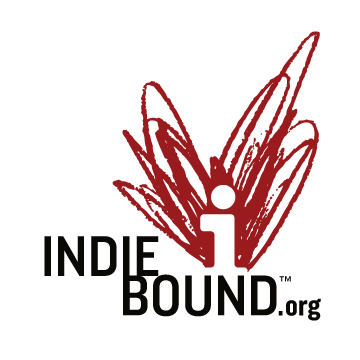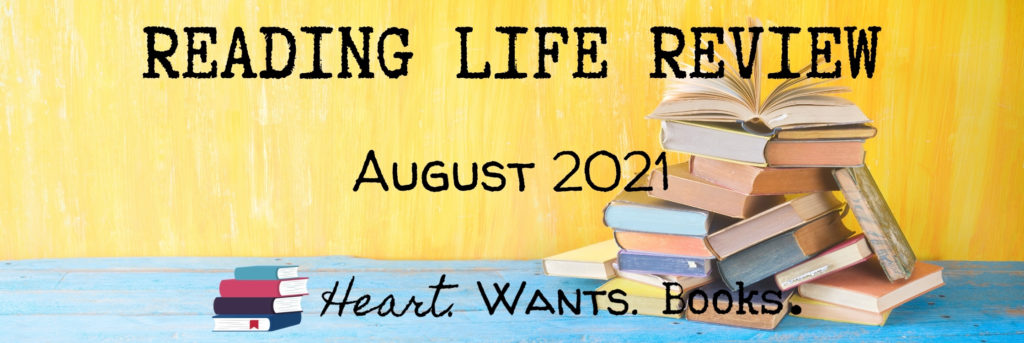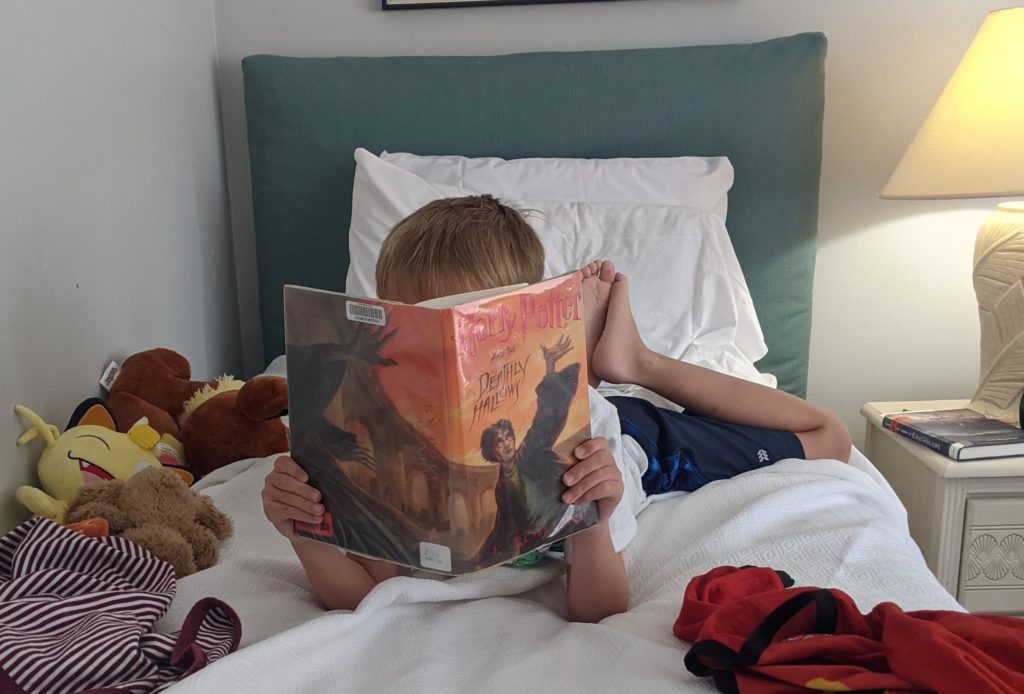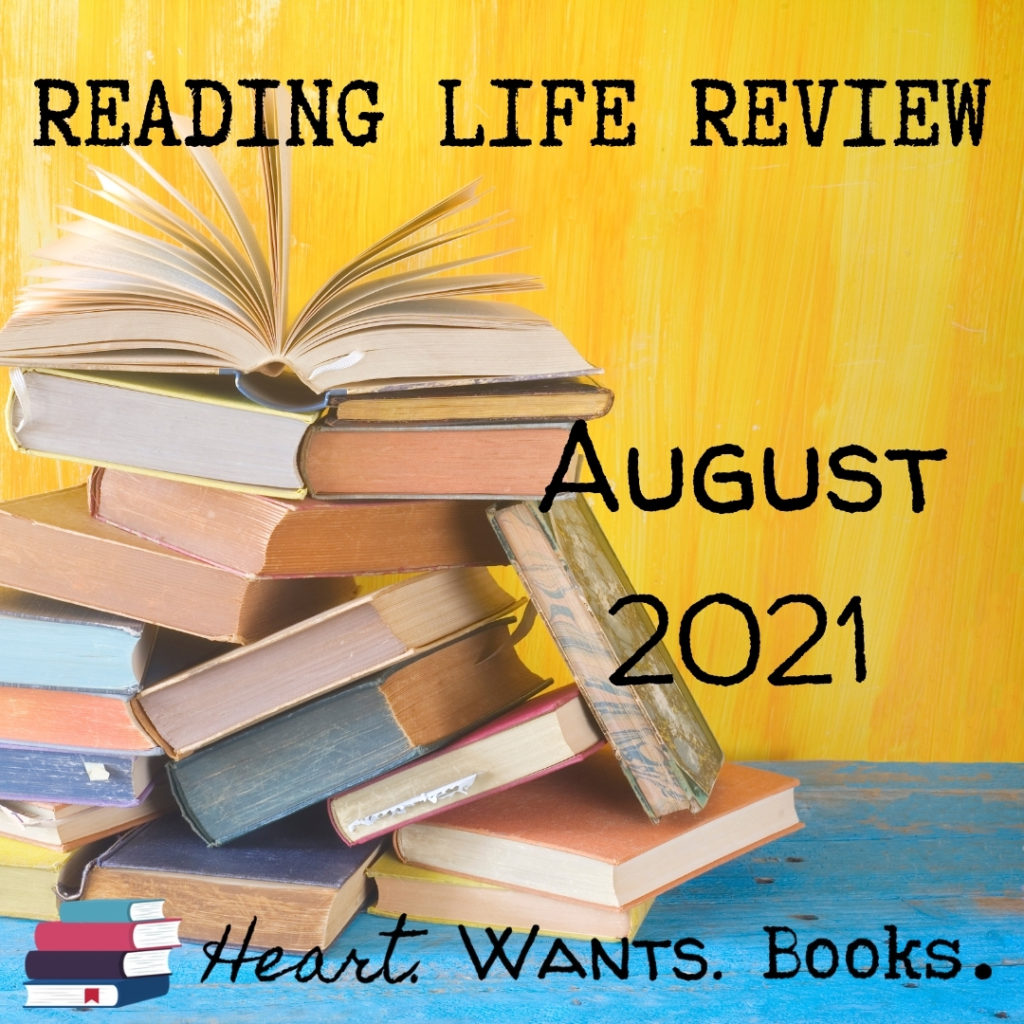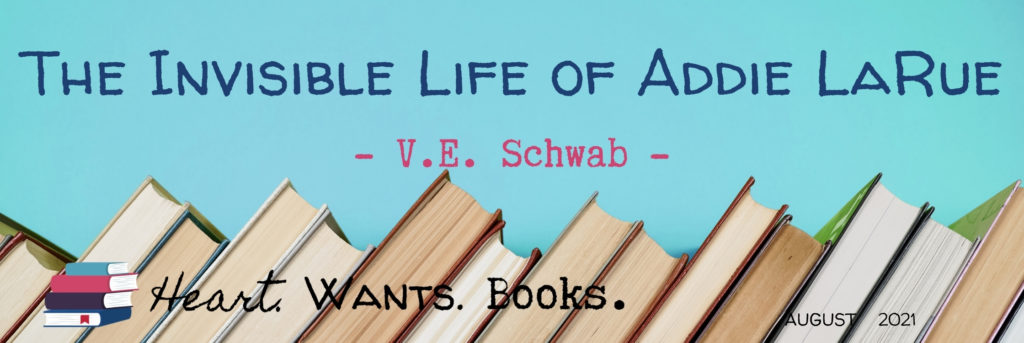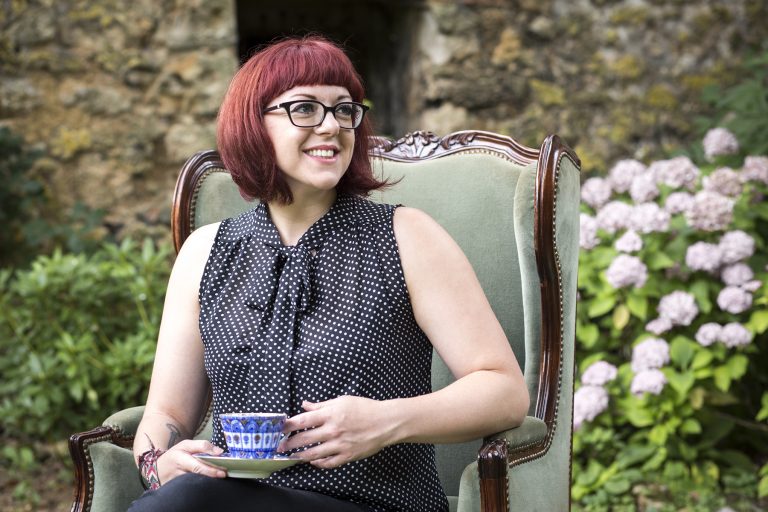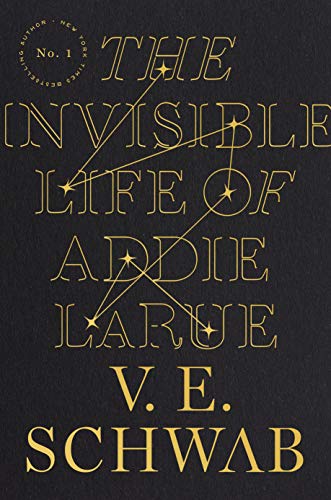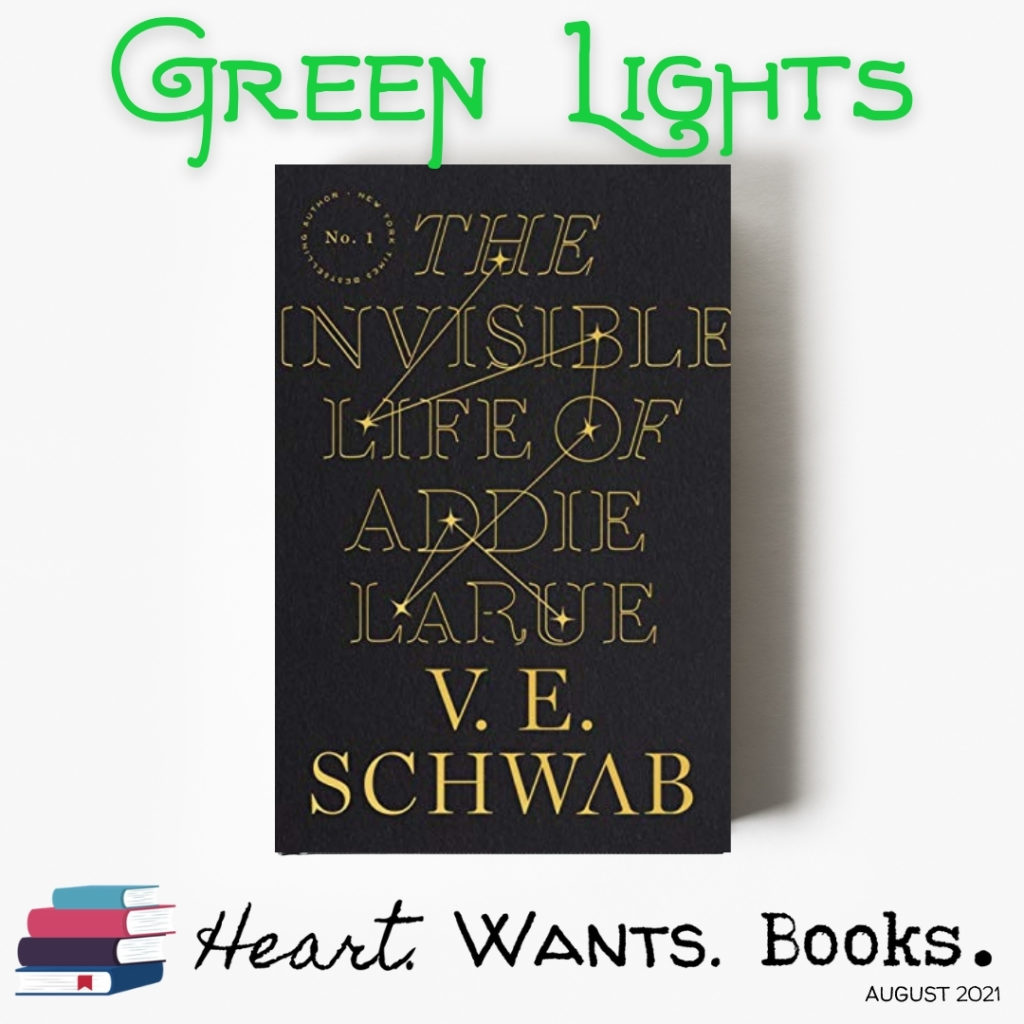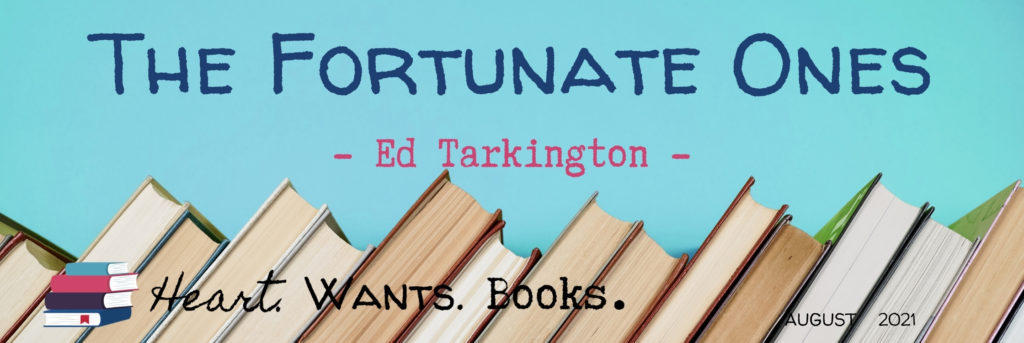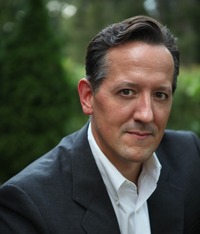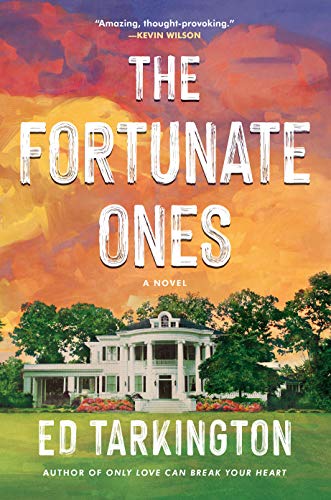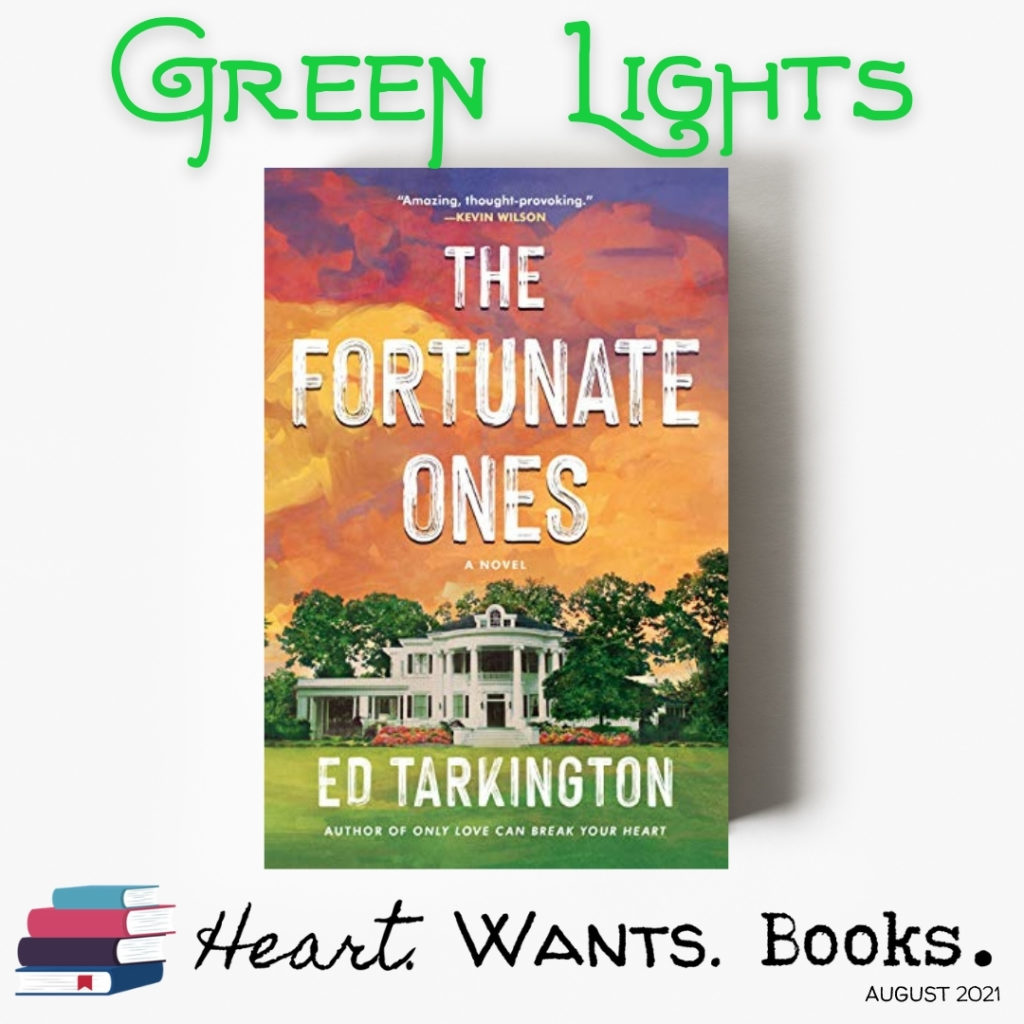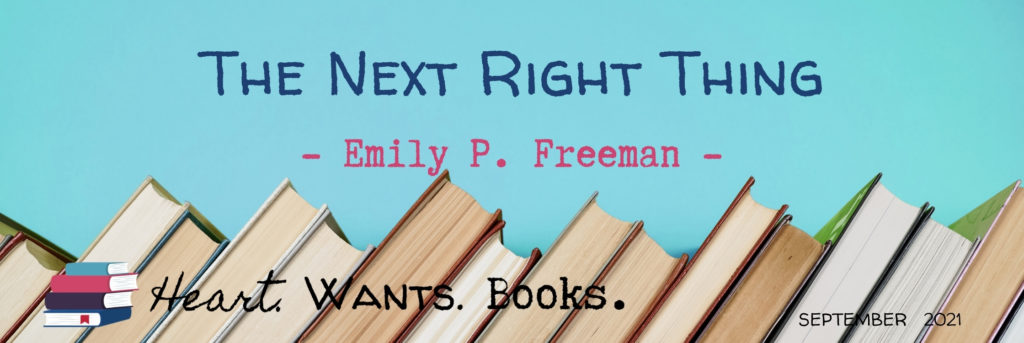
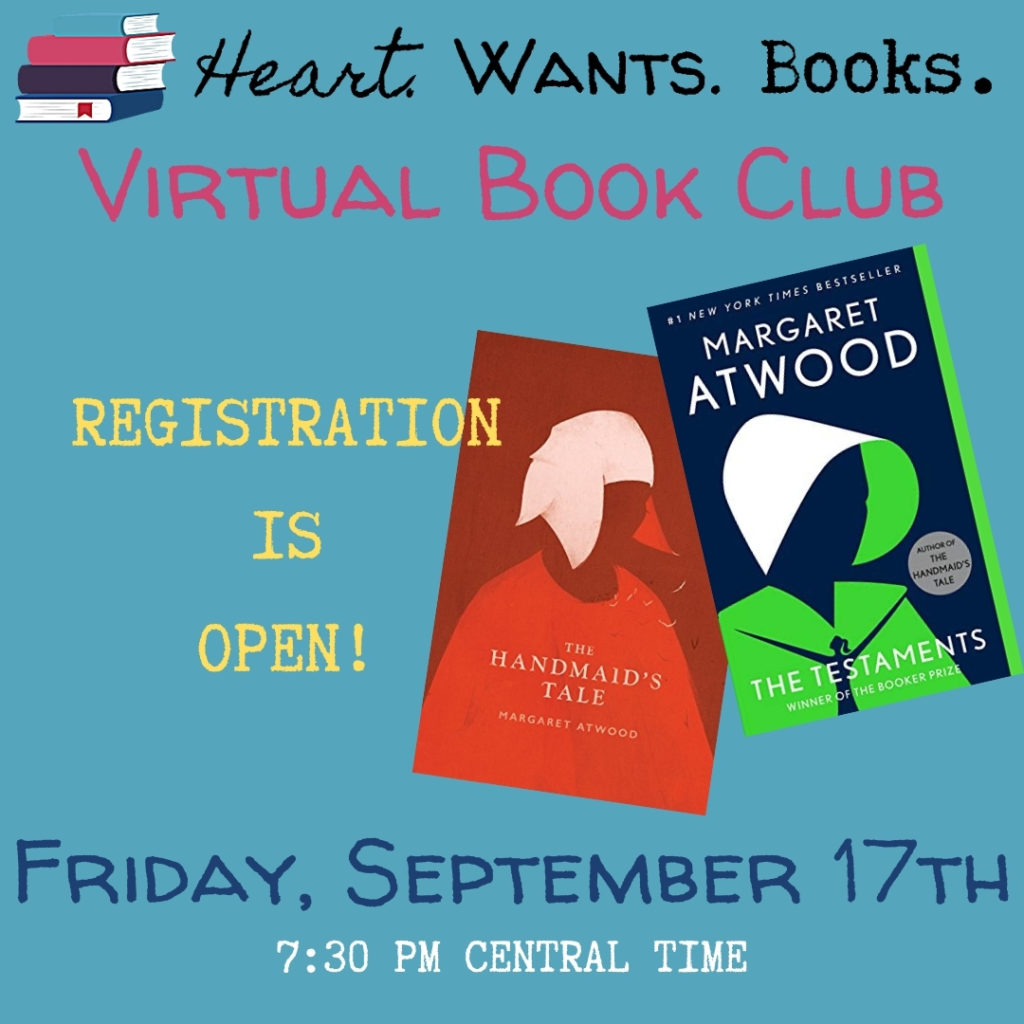
The following post includes affiliate links. More details here. As you’re doing your Amazon shopping, we’d be ever so grateful if you’d use our affiliate link to do so as it helps pay the bills around here!
I don’t know about you, but I’ve had so, SO many news stories about Hulu’s The Handmaid’s Tale in my feed recently, and possibly unlike you, they all confuse me. Well dear readers, those days are numbered, and you’re invited to join in the fun at Virtual Book Club on Friday, September 17, 2021 at 7:30 p.m. CST. If you’re up for this dramatic adventure of reading and discussing Margaret Atwood’s The Handmaid’s Tale and The Testaments in commemoration of Banned Books Month, let us know by registering here.
Confession time dear readers, I was mad about a quarter of the way into The Next Right Thing: A Simple, Soulful Practice for Making Life Decisions by Emily P. Freeman, as I was finishing my first sitting. So mad I put it down and picked up a different book. Want to know why? Short version: Failed expectations. Long version: There was so much churchy advice in this book and that was not what I was expecting. It wasn’t the content that had me frustrated, at least not directly, but when I’ve heard about a book from several sources and that’s expectation is not met, I get grumpy (and it doesn’t help when I was pumped for some clear, practical decision making techniques). So, I had a chat with Ashley and one with myself and I kept going. I want to be clear, Knox and Jamie talk about going to church and their other podcast is about the Bible (and it’s fantastic) and Jamie has been a youth pastor in a previous professional life. We’ve talked (or rather repeated Knox and Jamie) about how the book/podcast world is very incestuous, so we know that Kendra Adachi is Emily P. Freeman’s BFF and Kendra has previously been on staff at a church, but I didn’t get a churchy vibe from hearing any of them (or Anne Bogel or Annie F. Downs) talk about this book.
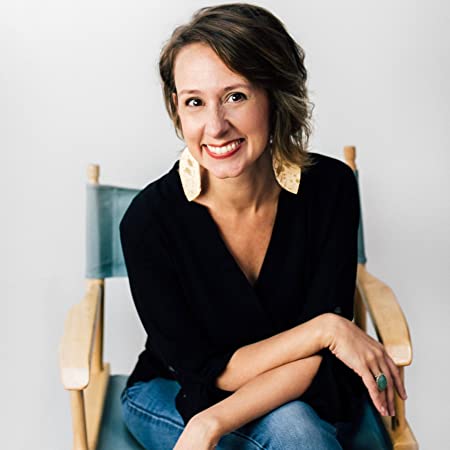
So, after I got myself in order, I went back to the book and enjoyed it. This isn’t the “how to” book I wanted it to be, but it was a book of engaging essays of real life decisions with practical tips about how to purposefully make decisions that serve you as a person. Freeman writes about decisions like she understands the internal committee of an enneagram 6, but she’s a 4, which makes it both better and worse for me as a person who identifies as a 6. Her perspective also reminds me of how Myquillyn Smith addresses home organizing and décor and how Kendra Adachi approaches, well, everything (both authors whose books I’ve pre-ordered). Coincidence? Nope. Smith is Freeman’s sister and Adachi is her best friend (and Fun Fact: Adachi’s sister, Hannah, is also included in the acknowledgements), and doesn’t that sound like a fun group to get together with (and yes Nest Fest is now on my list of things to do when I’m ready to gather again with strangers and big groups).
And now for my final confession of the day – I think my failed expectations have influenced how I’m about to rate The Next Right Thing. Here goes – I’m giving The Next Right Thing by Emily P. Freeman three stars. I’m not likely to read it again, but I am likely to peruse my highlights and to pick up some of Freeman’s other works, with hopefully a more informed lense about her writing and outlook. I like her perspective and her voice, and I adore a lot of people who also adore her.
As this is the book I picked up right after The Invisible Life of Addie LaRue, I want to leave you with one of my favorite quotes from The Next Right Thing which feels different in this context, but still important:
Maybe you need to spend a little time letting the darkness do what darkness does—nourish, strengthen, and hold.
I know y’all, it sounds more like something from A Court of Mist and Fury, and maybe the darkness does stare back too.
~Nikki
I’m so thankful that Nikki was able to give me the “churchy” content warning before I had even opened up The Next Right Thing, because that content also colors my review of this book. I’ve read several other books about decision making, specifically April’s Virtual Book Club title, Anne Bogel’s Don’t Overthink It (which is currently $1.59 and very worth it), and putting a Christian filter over a decision making process wasn’t exactly what I was expecting or looking for. I understand that a lot of the non-fiction and self-help genre titles I read are written by Christians, but that does not mean that those titles are aimed towards Christians or giving a Jesus-centric theme to their writing. It’s just something about them that we as readers should know and possibly be prepared for. I was prepared for that but I was not prepared for prayers at the end of every chapter. I read a book last year that had been recommended on my favorite podcast multiple times and I was turned off by the “going back to church regularly will change your life” part – it was a surprise that gave me a failed expectation. Had that situation happened with this book, besides me asking Nikki if I had missed something in the marketing copy, I would have had to put down the title more often to take a ‘get my heart right’ break.
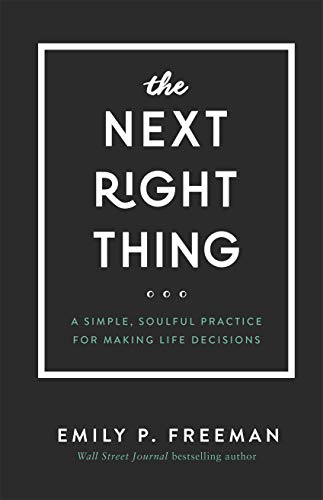
It’s not something comes up on the blog often, or possibly ever, but I was raised and am a confirmed Catholic, which is a very different tradition and doctrine than the one Nikki has experienced or the tradition the majority of Christian writers aim to attract readership from. Nikki of course knows this fact about me and even though she didn’t say it at the time of her warning me, I am sure she was considering that fact when she did. I can’t remove my feelings about this book from the fact that every chapter ends with a prayer or scripture reading intended as prayer. Because of Freeman’s non-denominational/evangelical Christian tradition – she has a degree in Spiritual Formation and Leadership from Friends University – I read The Next Right Thing more warily, especially when Jesus and his teachings and the author’s interpretations of them are mentioned. I then have to filter it through my Catholic tradition system to figure out if that interpretation or suggested practice is going to work for my doctrinal spiritual life. Readers, my bible has more books than Freeman’s and that makes me feel different when I read a book that is filled with prayers.
Do I think her process for finding spiritual calm and reflection before making big life decisions is useful without including Jesus, for believers or non-believers? Mostly yes. Anyone can use the time and space to get mentally and emotionally quiet in our own heads and hearts, spend that time reflecting on what it is we truly want, don’t want, and are actually able to accomplish in order to make a decision on what is our next right step in love.
I’m also going to give The Next Right Thing a three star review as well, but had Nikki not given me that expectation warning, I might have been giving it a 2 star review and the book deserves better than that. I felt seen at points in a way I hadn’t been seen by other self-help titles, so it was probably a great title for where I am in my life at the moment. One of my favorite quotes was this paragraph:
Just because you feel unsettled doesn’t mean you’re not a content person. It doesn’t mean you’re selfish or scattered or that you just need to be more thankful. It could mean that, I guess, but it doesn’t automatically mean that. Maybe instead it means, as Adam McHugh says, that it’s time to listen to your emotions rather than preach at them. Maybe your life is trying to tell you something. Maybe it’s time to clear out a little space to listen to what you already know: that it’s time to make a change.
Where do you find space to pay attention to your inner life in preparation for big decisions?
~Ashley
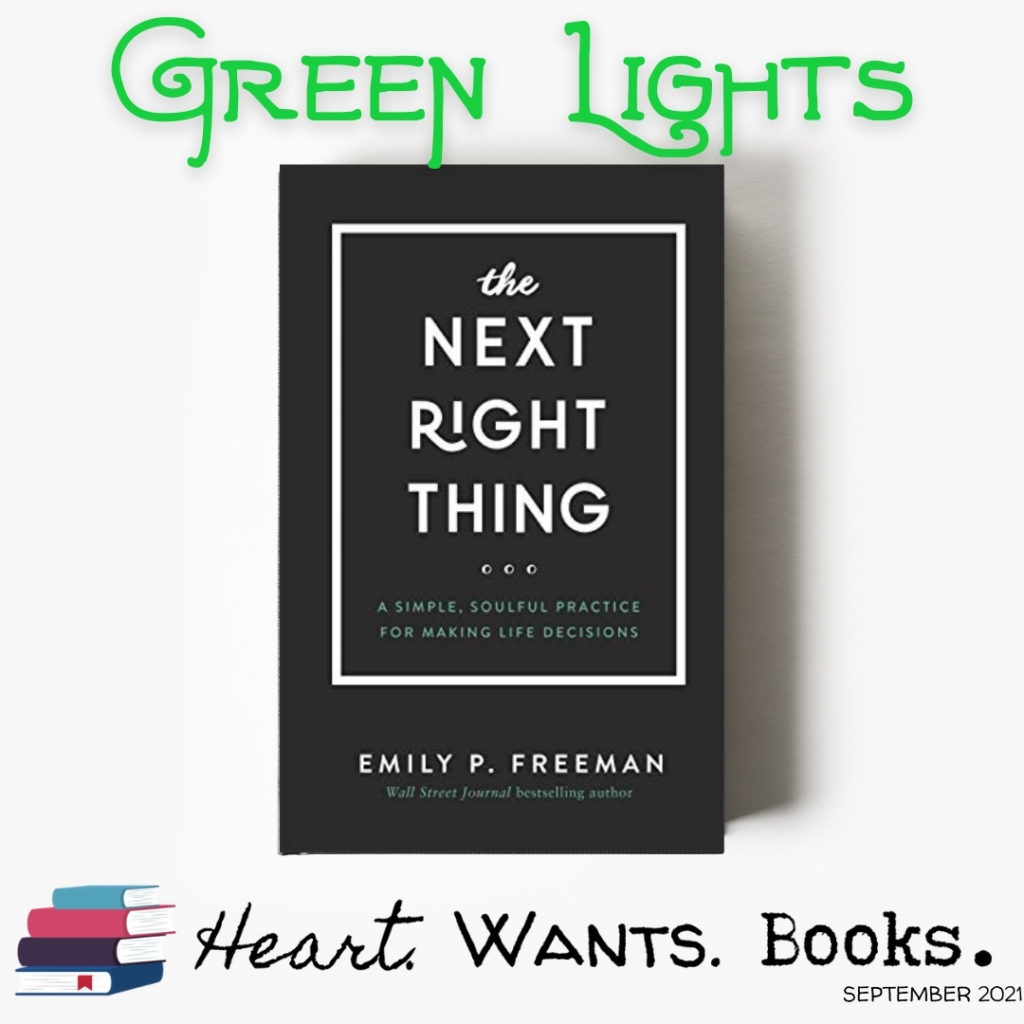
PLEASE SUPPORT US WHEN YOU SHOP BY FIRST CLICKING ON THE IMAGES BELOW:


